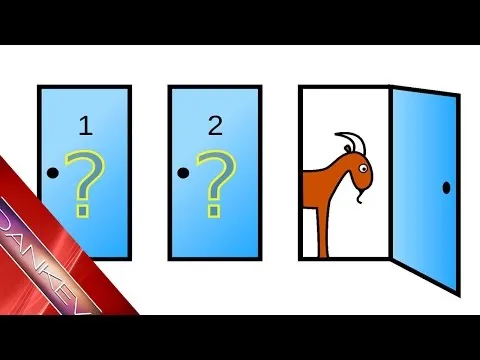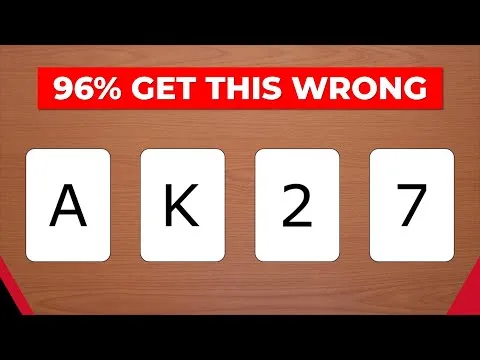LOGIC
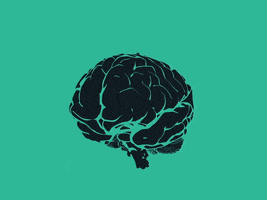
Speaking or writing about Logic for me is quite pleasant, fun and interesting for all its intrinsic characteristics; but, in strict consideration, sometimes I am ashamed to see how many people disregard the "real life" because they develop their mental, personal, study, work, professional and family and social coexistence, riddled with logical errors, with false logic, sunk in ignorance or divorced with true Logic.
Theorizing, I must emphasize that the Logic is a "Formal Science", which is responsible for studying the totality of the principles of the demonstration or the valid, demonstrative or validating inference or deduction, without ambiguities.
Logic is also responsible for studying the fallacies, the irrational, the paradoxes, the dichotomies and the strict notion of truth and reality.
Etymologically, the word "Logic" derives from the Greek "logik" (person endowed with wisdom, reason, meditative, intellectual, conscious, dialectical, demonstrative and argumentative); "logik" in turn comes from the word "logos" (thought, idea, word, argument, conversation, inference and reasoning).

Inference
In general terms, the Inference is the action and consequence of deducing, constituted as a complex mental process from which valid conclusions are generated, from information, premises and real data.
That is to say, the Inference is established on the basis of discerning and evaluating various propositions, to generate from them a consequence or a new result.
Therefore, the Inference is produced from the same moment in which the mental evaluation is made between the different real expressions, that when being related as true abstractions, allows to derive an extrapolated and logical implication.
On the other hand, I must clarify that there are two types of Inferences: Deductions and Inductions (which include Abductions).

Deduction
Conceptually and Philosophically, the Deduction is a type of Inference that is based on a pure method of mental reasoning, which departs from general theoretical structures, principles or universal laws to achieve particular conclusions.
That is, it is a conclusion or inference achieved by analytical reasoning, based on general guidelines or universal principles.
The Deduction is a logical deductive method, whose conclusion is implicit in the monitoring exclusively exposed in the premises raised. This method of reasoning and logical inference is oriented from the most general to the particular.
Its main field of application is Extrapolation (scientific and logical method that assumes that general events will continue similarly in the future to reach a new conclusion, in a particular situation).

Induction
For Philosophy, Induction is a method of rational analysis that consists in inferring a principle or result, derived logically from the data, premises or particular facts previously exposed.
In this sense, the principle of Induction is the logical reasoning that allows the demonstration of propositions, where the conclusions are obtained as simple probable facts.

Examples
To understand all of the above, let's look at the following general premises with their respective Inferences:
.- I'm running and I'm tired. With the following Inferences: Logical Deduction: Therefore, I am running. Logical induction: Then, if I continue running, I will continue to be tired.
.- It's cold or I'm sick. With the following Inferences: Logical Deduction: Therefore, it can not be concluded that I am sick. Logical Induction: So, I can not conclude: if it's cold or if I'm sick.
In the first case the key "and" allows to make Inferences, because of the validity that it gives to the arguments; but, the "or" key eliminates the general validity of the arguments. In the same way, the conditional key "if" allows to establish a validity of the premises and the conclusions in a conditioned manner to its strict compliance.
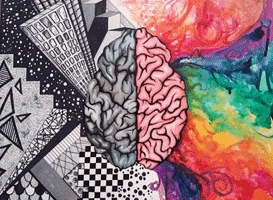
Branches of Logic
According to Philosophy, Logic is based on fundamentals or principles of rationally acceptable Inferences, contrasted with other inferences that are not (Philosophical thought).
That is to say, the Philosophical Logic has its base of acceptance based on the logical structure of the analyzed Inference, disdaining the specificities of the arguments and the language used; therefore, it deals with formal descriptions of the ordinary with naturally Logical language to solve Philosophical problems.
The Mathematical, Symbolic, Theoretical or Formal Logic consists of the study and mathematical application of Logic to all areas of the Sciences. It is based on Formal Systems to codify or define mathematical notions.
The Computational Logic is almost the same Mathematical Logic but is applied to the context of computer science (circuits, logic programming and analysis, elaboration and optimization of algorithms).
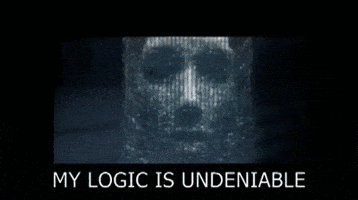
Propositional Logic and Predicative Logic
Propositional or Order Zero Logic is a formal system represented by propositions and logical connectives constants (Denial: No, Conjunction: "And", Disjunction: "Or", Conditional: "If ... Then", Biconditional: "If and Only If"; Opposite Disjunction:" Neither ... Neither "; Exclusive Disjunction:"Exclusive Or ... Or"); which represent operations on propositions, to form other propositions of greater complexity.
Logical connectives are treated as truth functions (they take sets of truth values and return truth values).
For its part, the Logic of Predicates or First Order is also a formal system that studies the inference in formal languages of first order with quantifiers that reach only individual variables, and with predicates and functions whose arguments are only constant or variable of individual.
A predicate is a linguistic expression that can be connected with one or several other expressions to form a sentence.
For example, in the sentence: "Boty is a dog", the predicate "is a dog" connects with the expression "Boty" to form a sentence (P(B)). Mathematically it can be a function: f (x, y, z) = x + y + z (If x = 5, y = 3, z = 1, then: f (x, y, z) = 9).
Finally, I leave 3 thoughtful, educational and fun videos related to Logic:
Videos Source: https://www.youtube.com
Images Source: https://giphy.com
